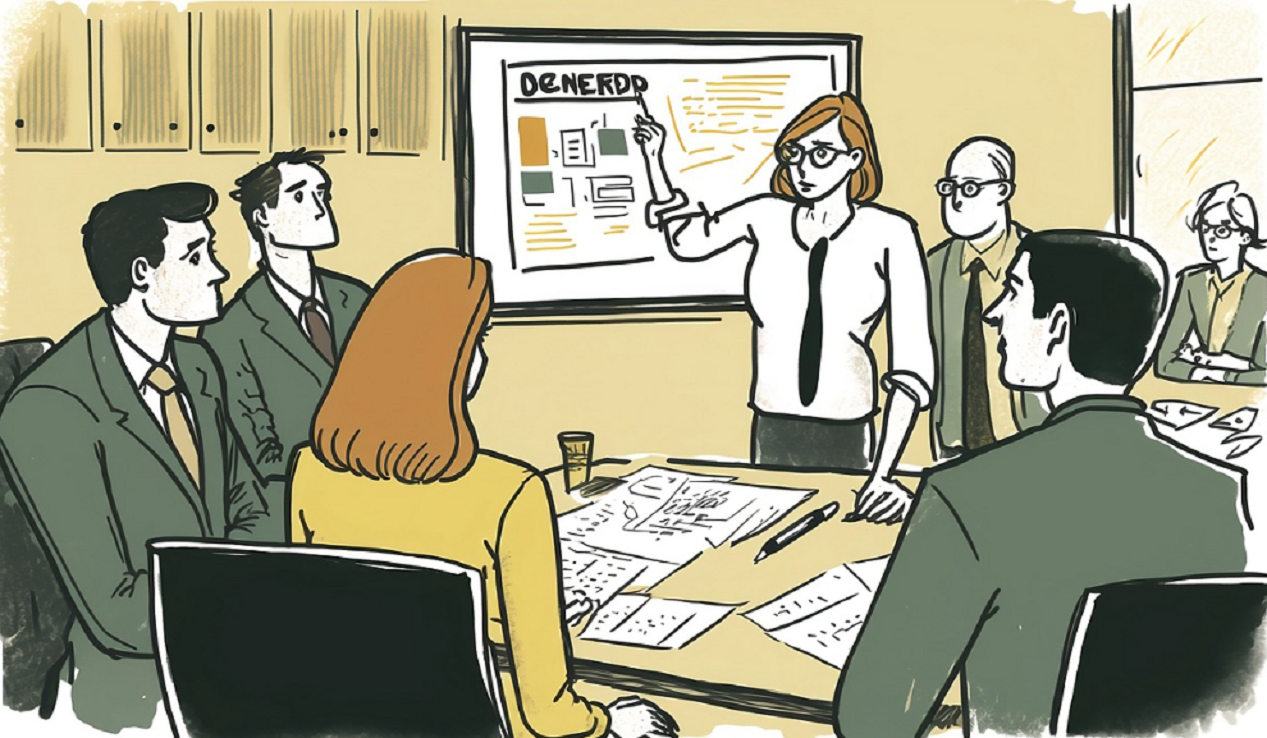Whether it’s a missed deadline, unprofessional behavior or maybe even a commitment issue, there are certain behaviors that supervisors have to hold their employees accountable for.
Treva Smith (Deputy Director, National Geospatial-Intelligence College, United States Department of Defense) and Taka Ariga (Chief Data Scientist and Director, GAO Innovation Lab) were on hand during the December 18 Community of Practice session to offer insight on the best practices for addressing behaviors early and effectively.
Here are a few top takeaways from the session:
Accountability Begins With You: “You have to think ‘me’ first,” said Smith. “How am I as a leader? How am I holding myself accountable? To be the best leader, I have to be engaged and prepared, and know the things I should be doing.”
Ariga added it was important to lay out the expectations of the organization from the start to avoid confusion and disjointed conversations.
What Accountability Isn’t (Or the Flipside of Accountability): Ariga explained that encouraging accountability isn’t “barking out orders and expecting people to jump.”
“It’s about the value of your mission, not just issuing orders,” he said. “I also believe that to be accountable, you shouldn’t ask anyone to do something you are not willing to do yourself.”
Smith said the flipside of accountability is a “lack of vision, a lack of priorities for your organization, and a lack of positive, engaging behavior.”
“You’ll never get to accountability with a lack of those things,” she said.
What to Do When the Ball Is Dropped: What should you do as a leader when a deadline is missed or a project is delayed?
Smith said that connecting with her employees all along and building a relationship early helps when there needs to be hard conversations.
“Also, at the top of a project, I like to discuss what could potentially hinder the process or stop the project from reaching completion,” she said. “It creates space for people to get details, ask questions and clear up any confusion.”
Ariga turns to a scaled agile framework in his agency, which specifies and details responsibilities and helps everyone on the project agree on priorities.
To get more advice on holding your employees accountable for their actions, check out the recording of this recent CoP session. Want more? Remember to sign up for the next CoP, Modeling a Healthy Work-Life Balance on January 29 at 4 p.m.





Leave a Reply
You must be logged in to post a comment.